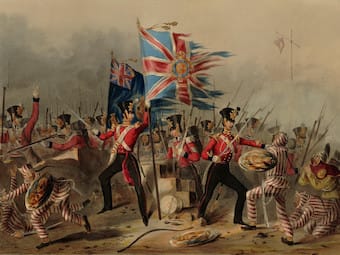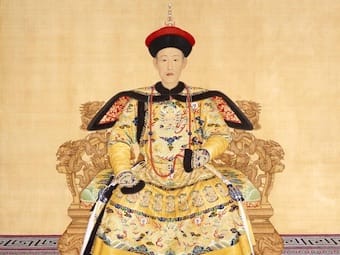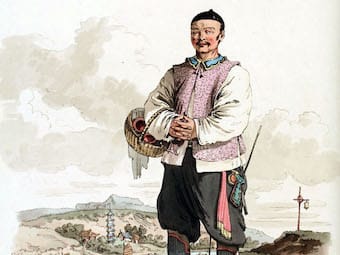In 1840, the China’s imperial government ordered a clampdown on opium smuggling, appointing commissioner Lin Zexu to the task. Lin’s anti-smuggling measures proved highly inconvenient for British merchant shipping, and instead of helping Lin to refine his approach the British chose to go to war in the hope of protecting their very profitable China trade.
The Royal Navy’s superior strength soon told. The unequal Treaty of Nanking, signed in 1840, opened five Chinese ports to British merchants and compensated the British for their losses with money and with Hong Kong, which was ceded to Britain. A dignified protest by the Emperor was lodged in London, but did not receive the courtesy of a reply.
112 words


